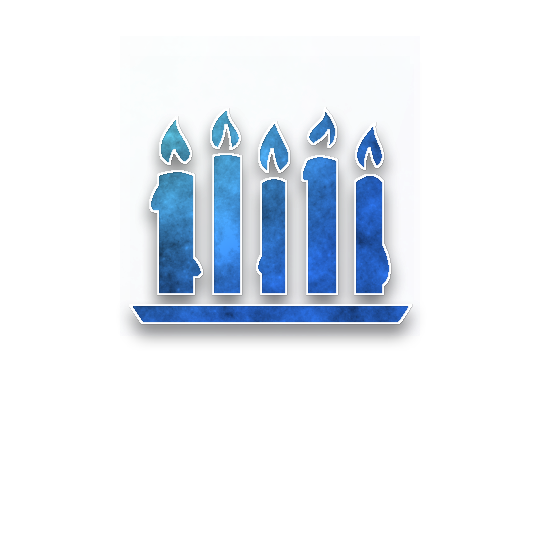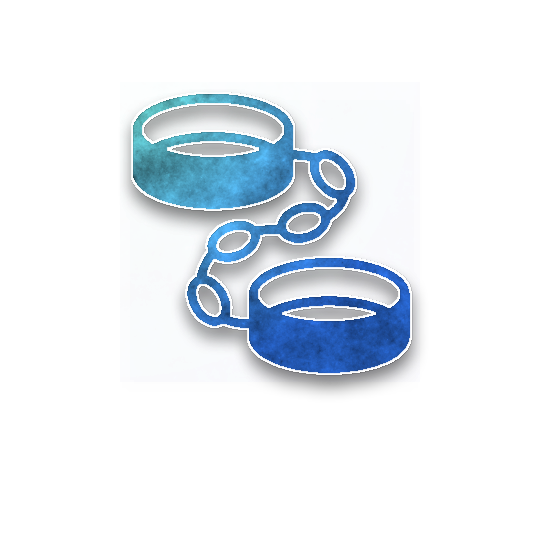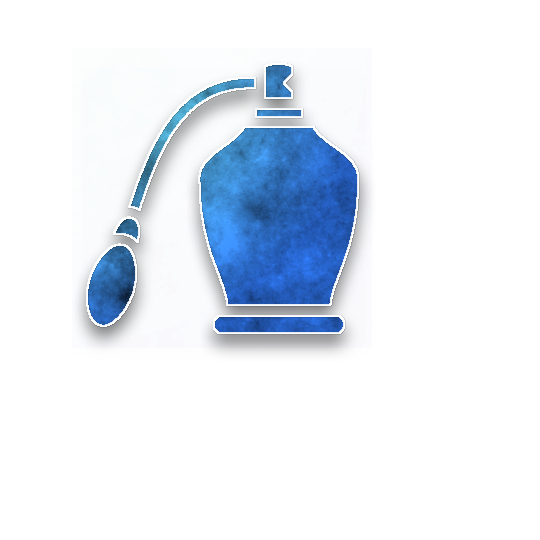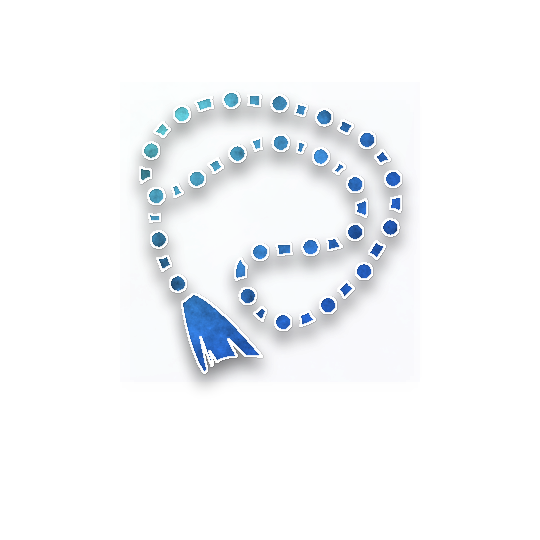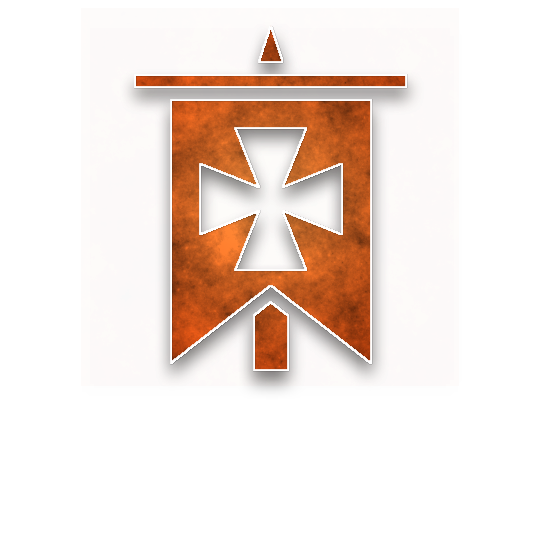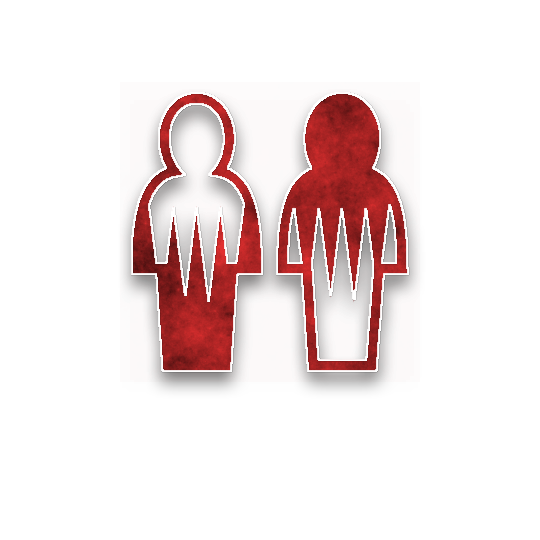
Matchmaker
Once per game, at night: select two players. If one of the selected players dies, the other dies as well.
“I have to say, I think I've outdone myself this time. I'm sure this will be a love for the ages.”
The Matchmaker can tie the fates of other players together, for better or for worse.
Examples
The Matchmaker chooses two players that are in a double claim, believing that at least one of them must be evil and ensuring that if one dies, the other will. One is a Perfumer and another is the False Idol who is bluffing as the Perfumer. The Perfumer is nominated the following day, and when they are executed, both they and the False Idol die.
The Matchmaker chooses two players that are in a double claim, believing that at least one of them must be evil and ensuring that if one dies, the other will. One is the Satirist, and when the other is executed, the Satirist does not die due to their ability.
The Matchmaker believes that they will be targeted soon, so they match themselves with the player that they suspect to be the Demon. They are then targeted by the Thronus who is part of the match. Both players die, and the good team wins.
The Matchmaker selects the Guardian Angel and the Blasphemer. The Blasphemer is attacked by the demon and killed. The next day, the Blasphemer, Guardian Angel, and Changeling all die because the Changeling had selected the Guardian Angel earlier in the game.
Townsfolk
